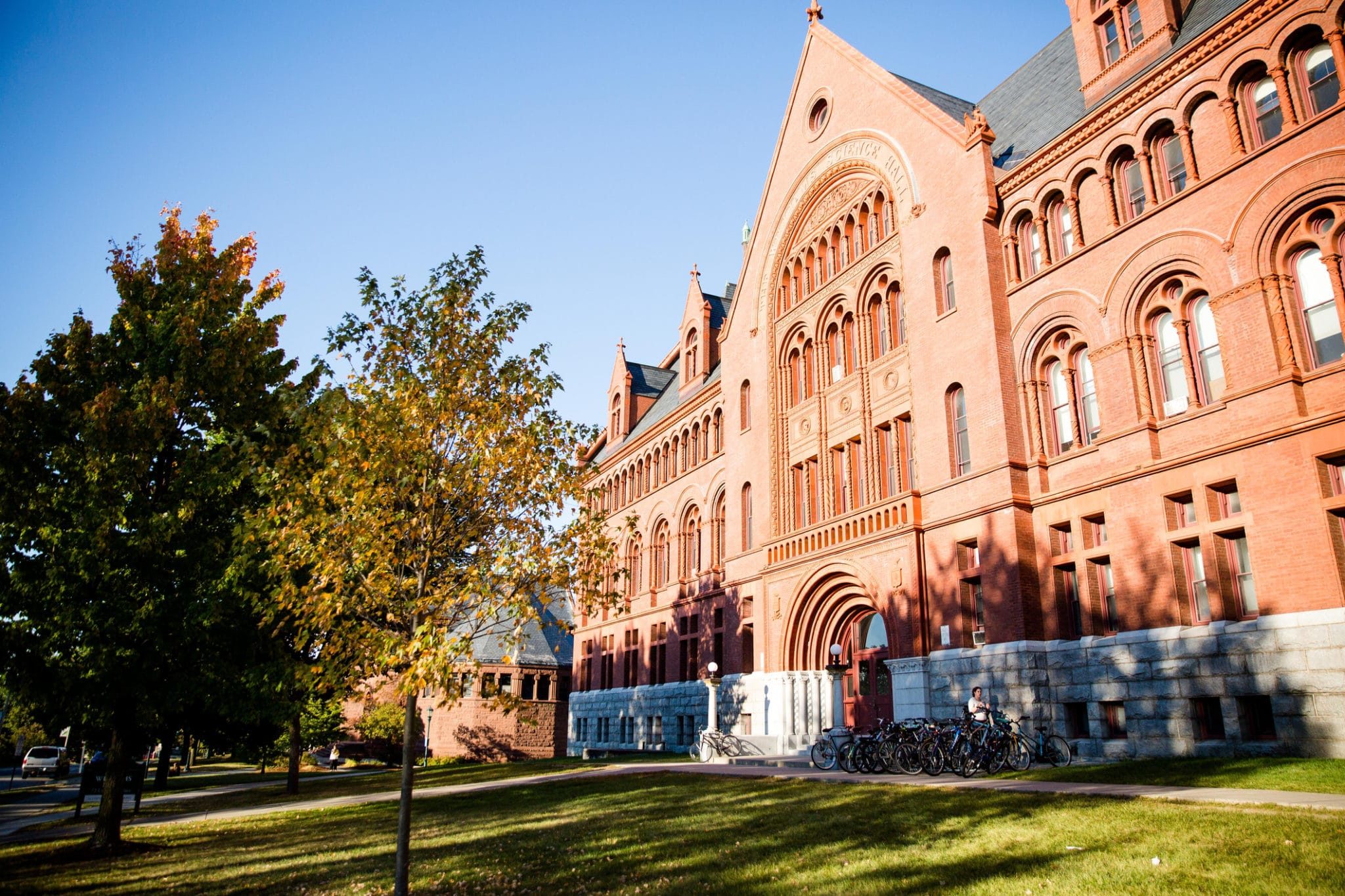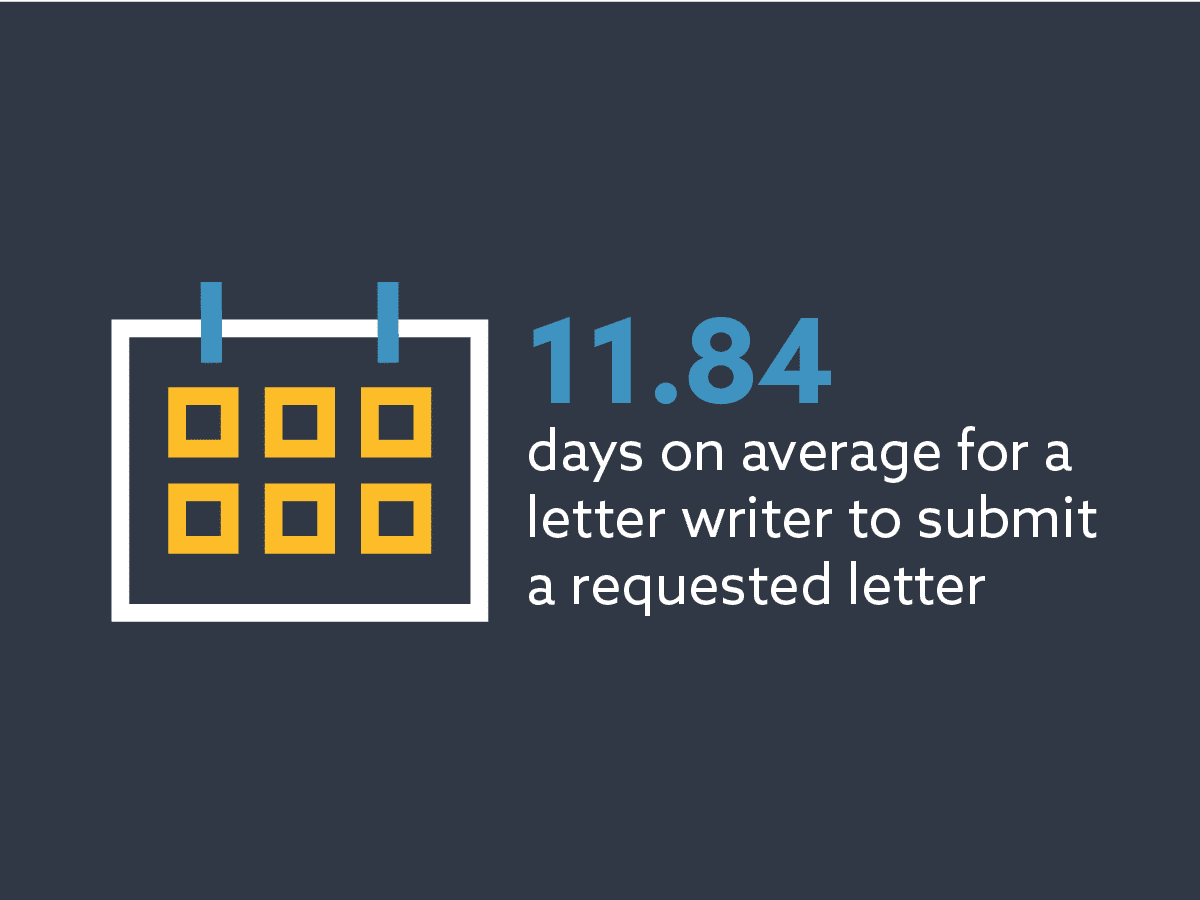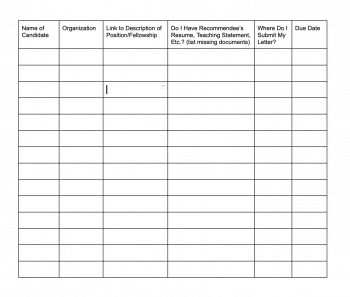This post continues our series, The Smart Scholar by Ramon Goings.
With the onset of COVID-19 the higher education landscape has changed drastically in what feels like overnight. While institutions have begun to announce hiring freezes and faculty/staff furloughs, 2020 has witnessed individuals like myself transition into new roles. While I have written past Smart Scholar Series articles on tips to apply for a job position, given the uniqueness of transitioning to a new institution while most operations, including hiring, are virtual, I wanted to share two aspects of the job search process for candidates to consider this hiring season.
Invest in Your Virtual Interview
Prior to COVID-19 typically faculty and administrator hiring processes entailed a round of reviews of candidates’ written materials (e.g., cover letter, CV, letters of recommendation). For those individuals who made it through this round, they were then given either a telephone or video interview and finalists selected would then be brought to campus. However, now that many institutions have halted in person gatherings, it is highly likely this season that candidates will complete a finalist interview via some video conferencing platform. As a result, there are a few technical aspects that I believe are critically important.
- Purchase an HD webcam- As a result of doing interviews virtually I think it is important to present the best visual image of yourself. While laptop computers have adequate webcams, I believe making the investment in a higher quality camera will help folks connect with you visually during your interview.
- Invest in an External Microphone- As having a visual presence is important, in many ways having a strong audio presence is even more important as you will be responding to questions from the search committee. There are a number of USB microphones on the market that will give you an advantage over microphones connected to headphones and/or the microphone on your laptop computer.
- Upgrade your Internet Router- Having a strong Internet connection will be critical to ensure that your video and audio come across as high quality. As a result, if within your budget I would recommend you to upgrade your Internet to a bandwidth that is suitable for video conferencing. And if you are unable to upgrade, I would suggest that if you have an interview, you should disconnect all devices that will be using the Wifi connection so that your video interview is the only device on the network during the interview to maximize your Wifi connection.
While these are suggestions, the takeaway here is that you want the search committee to remember you and the thoughtful responses you had to their questions and not have a discussion about the various interruptions due to poor video, audio, or Internet quality.
Get an overview of how institutions are improving their faculty recruitment in our recent white paper, The Modern Faculty Recruitment Playbook.
Importance of Position Fit
As a job seeker I believe this current virtual environment, more than ever, stresses the importance of candidates seeking a position that is the best fit. For some an important question to ask is ‘what does being a fit for a position look like’? While fit can be specific based on where you are in your career, for me, here are some of the questions I considered as I determined if a position was a fit for me:
- Does the position provide an opportunity to for me to expand by skill set?
- Do the individuals on the search committee like working at the institution?
- Will the institution provide me the resources to effectively do my job in a virtual environment?
- Will this position require me to work alone or will I have a team to help?
- What are the institution’s policies around COVID-19 and keeping students, staff, and faculty safe?
While this list is not exhaustive, it is important to always consider how the position will support your professional growth and whether your values align with the values of the institution. With you potentially not being able to be on campus until Fall 2021 (depending on your locale), fit will be just as important as you may be working from home.
For those of you who have transitioned to new positions this fall, what were some considerations that you kept in mind as you started your new role? Please feel free to tweet me (@ramongoings) to continue this conversation!
Any opinions, findings, conclusions, or recommendations expressed in this material are those of the authors and do not necessarily reflect the view of Interfolio.










